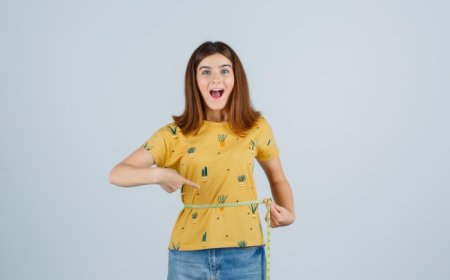What Are Natural Consequences? A Guide for Parents and Educators
Discover how natural consequences foster respectful parenting and positive discipline. A friendly guide for co‑parenting teams, educators, and mindful families.

Introduction: The Day My Laptop Went Missing
Ill never forget the morning I sprinted around my apartment yelling, Wheres my laptop charger?! a classic case of shouting before understanding. As an IT professional, deadlines loom like ticking bombs, but this time the culprit was my 7?year?old daughter. Shed left my charger on the playground bench the night before. Instead of reaching for scolding or punishment, I paused. What if I let the natural consequences unfold? Would she learn more by feeling the impact of a dead battery than by a stern lecture?
In this guide tailored for parents, co?parenting teams, and educators youll discover how embracing natural consequences transforms behavior, fosters respectful parenting, and aligns with positive discipline. Whether you lean toward Tiger Parenting or prefer a soft parenting approach, these real?world strategies will help you set limits with mindful parenting and genuine understanding.
What Are Natural Consequences?
Natural consequences are lifes built?in lessons: when you forget your umbrella, you get wet; when you leave your toy outside, it might break or disappear. Unlike arbitrary punishments imposed by adults, these outcomes arise directly from actions. As experts in child development remind us, letting nature take its course builds internal motivation kids learn to connect choices with results.
Real story: My daughter discovered this herself when she left her favorite stuffed rabbit on the bus. For a week, she asked every evening if wed called Lost & Found. Finally, she realized that double?checking her backpack was worth a minute of extra care.
Why Natural Consequences Matter
1. Promotes Understanding
When a child experiences a direct result say, losing screen time due to a cracked tablet they grasp cause and effect faster than through a lecture. This Understanding fosters real growth.
2. Supports Positive Discipline
In positive discipline, the goal isnt to catch bad behavior but to guide children toward self?regulation. Natural consequences respect their autonomy and avoid the resentment born from Because I said so.
3. Bridges Parenting Styles
Whether you practice Tiger Parenting with high expectations or soft parenting with empathy, natural consequences can be your common ground. They honor structure and compassion simultaneously.
Practical Strategies for Parents and Educators
1. Set Clear Expectations
Before letting consequences play out, communicate limits: If your homework isnt done, youll miss our weekend game. Framing it as a natural outcome keeps it fair and transparent.
2. Stay Calm and Observe
Resist the urge to jump in. Its all too easy to slip into shouting when emotions run high. Pause, take a breath, and let nature do its job unless theres real danger.
3. Debrief Together
After the consequence occurs, sit down for a debrief: What happened when we didnt finish your project on time? This conversation reinforces learning and shows youre in it together vital for successful co?parenting.
4. Be Consistent, Yet Flexible
Natural consequences work best when applied consistently. But children grow and situations change. Adjust your approach with mindful parenting, tuning into their developmental stage and emotional needs.
Balancing Limits and Freedom
Its tempting to swing between extremes: unyielding Tiger Parenting or overly permissive hands?off approaches. Natural consequences strike a balance:
Limits: Define non?negotiables (safety, respect for others)
Freedom: Allow choices within those boundaries (bedtime routines, snack preferences)
This structure cultivates responsibility while preserving a nurturing atmosphere.
Common Pitfalls to Avoid
Ignoring Safety: Never replace protective rules (like helmet?wearing) with natural injury risks.
Overusing Consequences: If every minor slip triggers a fallout, kids may shut down or manipulate the system.
Blaming or Shaming: Focus on the behavior, not the childs worth. You lost your pencil is factual; Youre irresponsible is hurtful.
Conclusion: Embrace the Learning Curve
Natural consequences arent a quick fix they require patience, transparency, and sometimes a bruised ego (ours and theirs). Yet when you resist the urge to punish and trust lifes lessons, you equip children with resilience, critical-thinking skills, and genuine accountability.
Whether youre navigating co?parenting challenges, refining positive discipline, or exploring the parallels between parenting and project management in IT, these gentle yet powerful strategies will guide you. Start small let your child experience one natural consequence this week and watch how understanding blossoms.











































